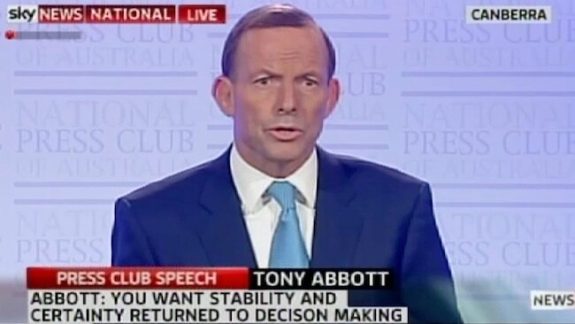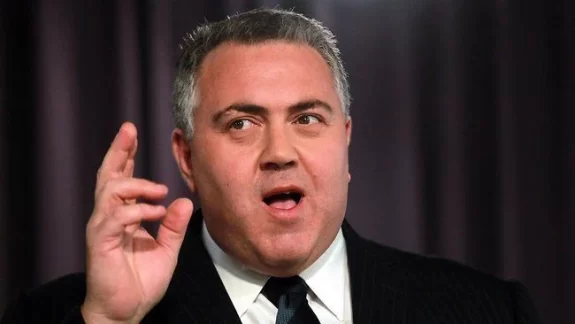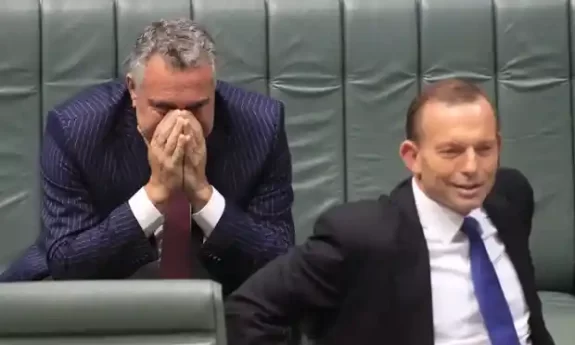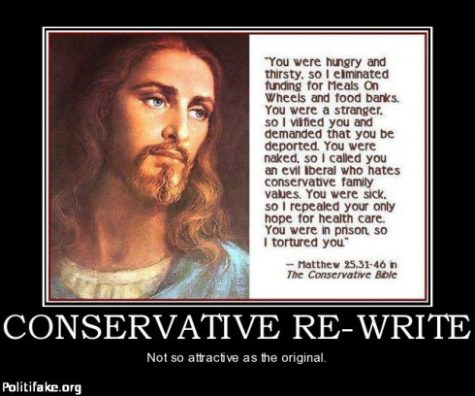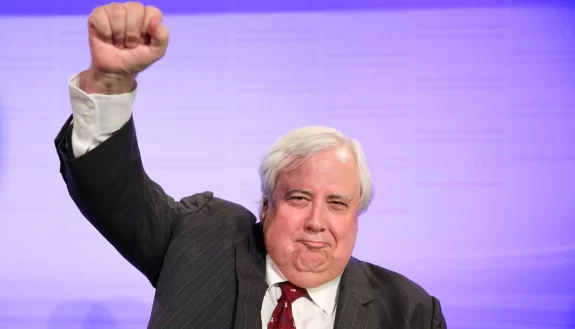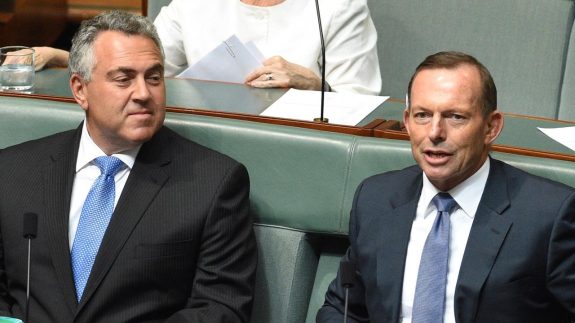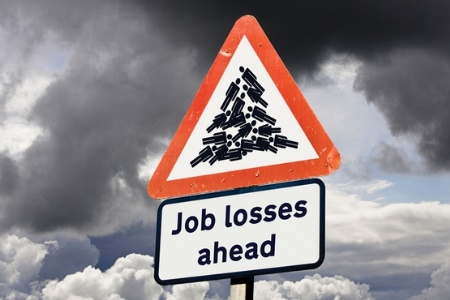Transfield shares go up and so does the debt
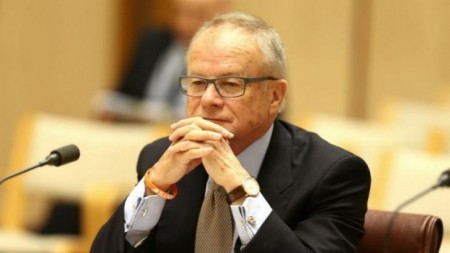
LABOR CRASHES THROUGH PREVIOUS DEBT LIMIT TOPPING QUARTER OF A TRILLION DOLLARS
October 12, 2012
Joint Media Statement: Andrew Robb and Joe Hockey
The Gillard Government has driven up Australia’s credit card to a record $256.4 billion according to latest Australian Office of Financial Management (AOFM) figures.
The previous debt ceiling of $250 billion was raised by Labor to $300 billion in the May budget further confirming its inability to curb its debt addiction.
Shadow Treasurer Joe Hockey, in a Liberal Party eNewsletter 27 July 2013, comments on the ALP’s “debt” TV commercial:
Kevin Rudd and Labor have increased Australia’s debt limit from $75 billion, to $200 billion, to $250 billion and now to $300 billion. The Treasury has told us that debt will hit $290 billion by Christmas, just $10 billion shy of the current legislated limit.
Only the Coalition will get the Budget back into the black, start to pay down Labor’s debt, and implement our economic Plan to grow the economy and create jobs.
Australians can’t afford another three years of Labor’s reckless spending.
Debt is certain to exceed $425 billion by Christmas
As at last Friday, 28 August 2015, gross government debt was $384.7 billion – the highest level ever recorded. This represents an increase of $111 billion from the level inherited by the Abbott government in September 2013. It is just as well Treasurer Joe Hockey scrapped the debt ceiling legislation early in the Abbott government’s term because he would now be having to introduce legislation to have the ceiling raised beyond $400 billion, a figure that will be exceeded before year end.
With the gross debt increasing by over $1 billion per week under the Abbott government, we have seen funding slashed to health, education, Indigenous Affairs, countless NGOs and charities, the CSIRO, the ABC, the NBN, and many other crucial areas.
We have seen the superannuation guarantee rise put on hold and the low income co-contribution abandoned. I’m not sure if axing the schoolkids bonus has passed yet. Family Benefit, after being reduced, is now being dangled as a sweetener again. Getting rid of the carbon and mining taxes cost low income earners in various different ways. Thousands of public service jobs have gone, as have many more in manufacturing and mining
So what have we got for the increased spending?
Plenty of money for defence and national security.
Since its election, the Government has invested more than $22 billion in Defence capability projects. The Government will provide Defence with $31.9 billion in 2015–16 and $132.6 billion over the Forward Estimates. This is an increase of $9.9 billion over the Forward Estimates when compared to the 2014–15 Budget and represents record expenditure on Defence.
Apparently Border Force is to have 6,000 officers. Taxi drivers beware! Perhaps some of those retrenched public servants could apply, provided they are willing to wear a black uniform, take an oath, use force, and fire a gun.
And lots of money for offshore detention.
Transfield has been providing services on Nauru, which has 637 asylum seekers, since September 2012, and on Manus Island since early 2014. Its existing $2.2 billion contract with the Department of Immigration for both centres will expire on October 31. Despite the many incidents and reports criticising the running of the detention camps, Transfield has just been awarded a further five year contract. The announcement saw Transfield shares rise by 9%.
Tony Shepherd, the head of Abbott’s Commission of Audit, was chairman of Transfield and had spent over a decade on the board, quitting only in October 2013 to take up the job as Commissioner.
Mr Shepherd left with more than 200,000 Transfield shares, allocated to his family superannuation fund, on top of his final salary of $380,000.
In a move strikingly similar to Dyson Heydon judging himself, Treasurer Joe Hockey and Finance Minister Mathias Cormann left it up to the audit commissioners to rule on potential conflicts of interest among themselves.
Shepherd now heads the WestConnex Delivery Authority which will award contracts to build the proposed Sydney toll road, co-funded by the Abbott government. He is also a director of the international arm of Virgin Australia.
Not that I am suggesting anything untoward in this tight knit circle.
“Mates help each other, they do not tax each other.” – Tony Abbott, February 23, 2011.
Like what we do at The AIMN?
You’ll like it even more knowing that your donation will help us to keep up the good fight.
Chuck in a few bucks and see just how far it goes!
Your contribution to help with the running costs of this site will be gratefully accepted.
You can donate through PayPal or credit card via the button below, or donate via bank transfer: BSB: 062500; A/c no: 10495969










